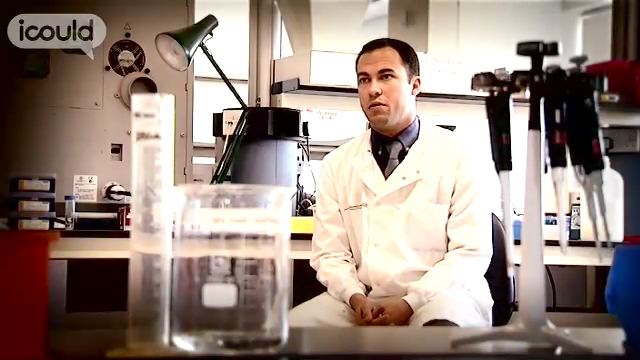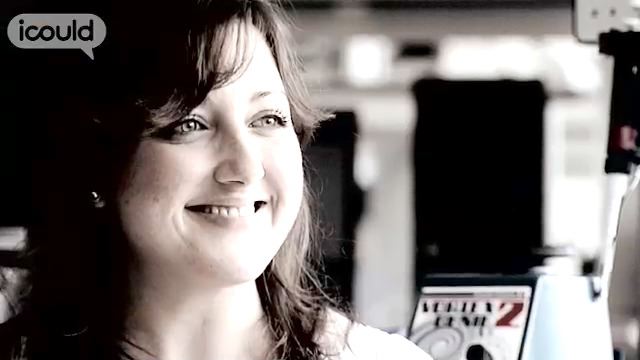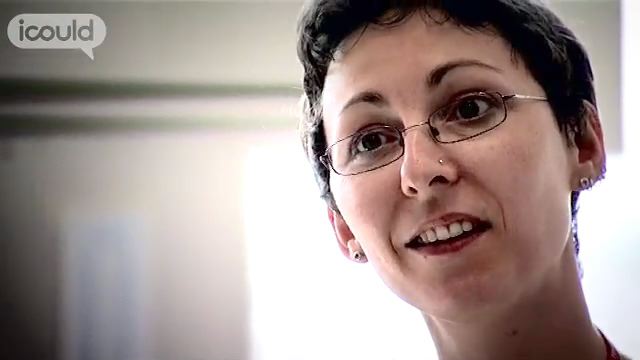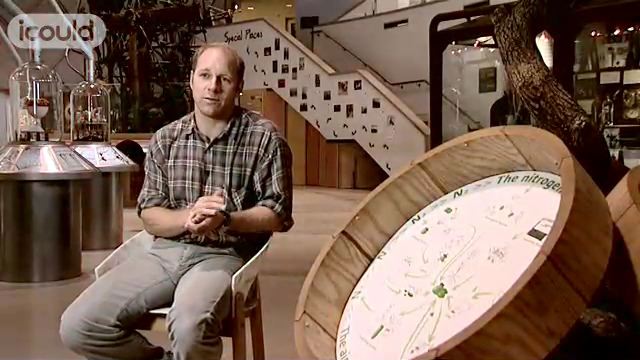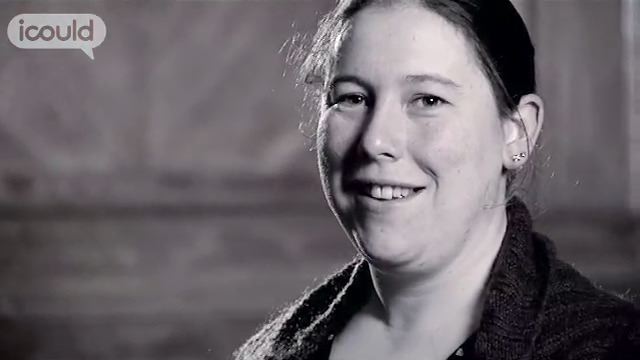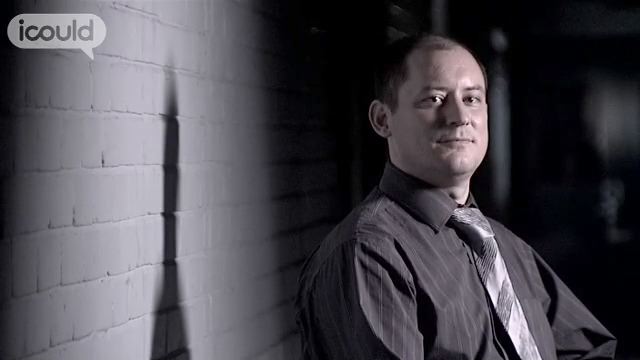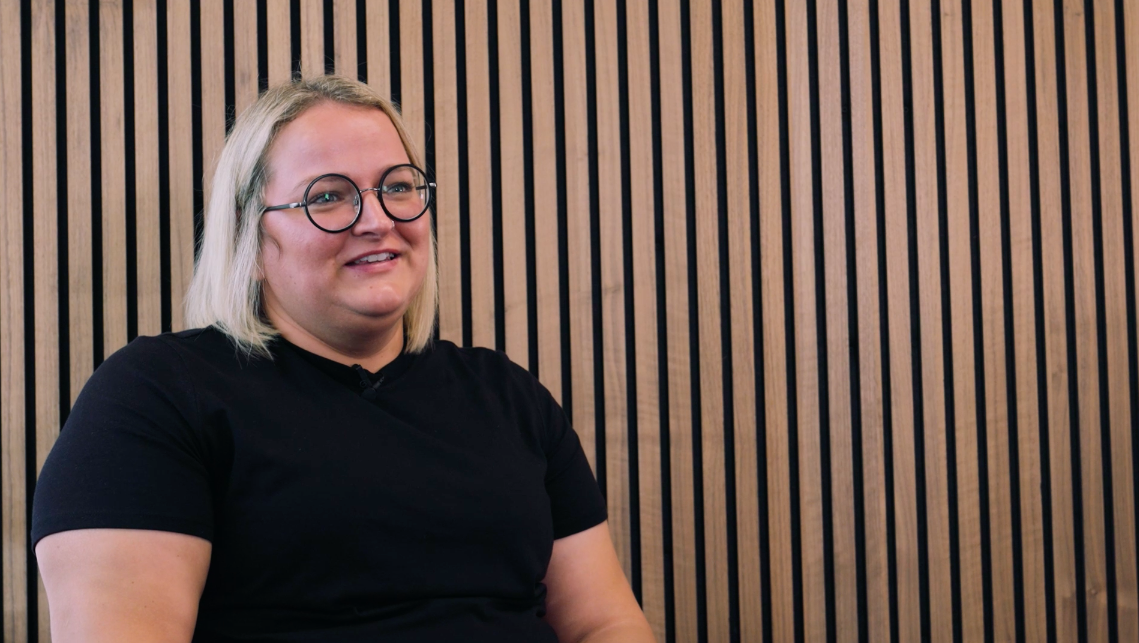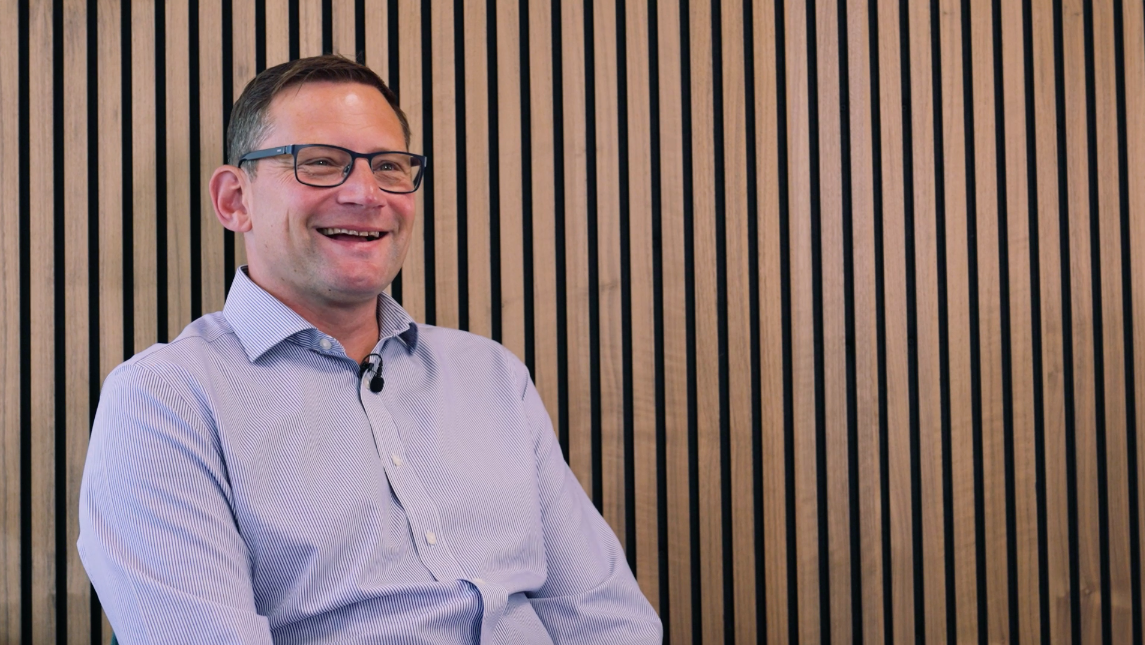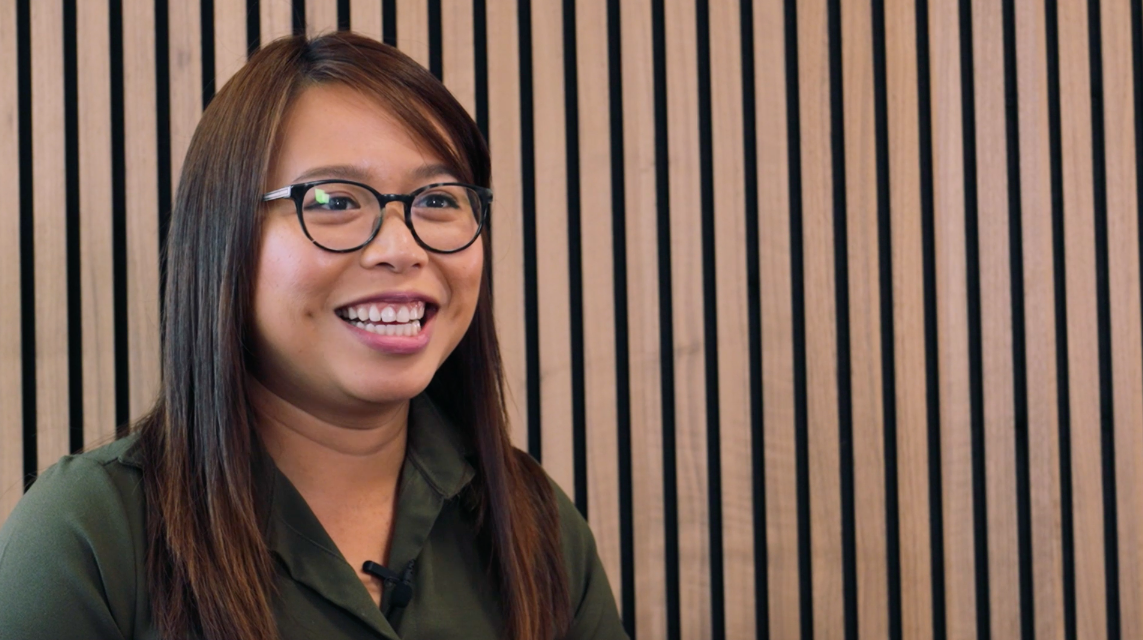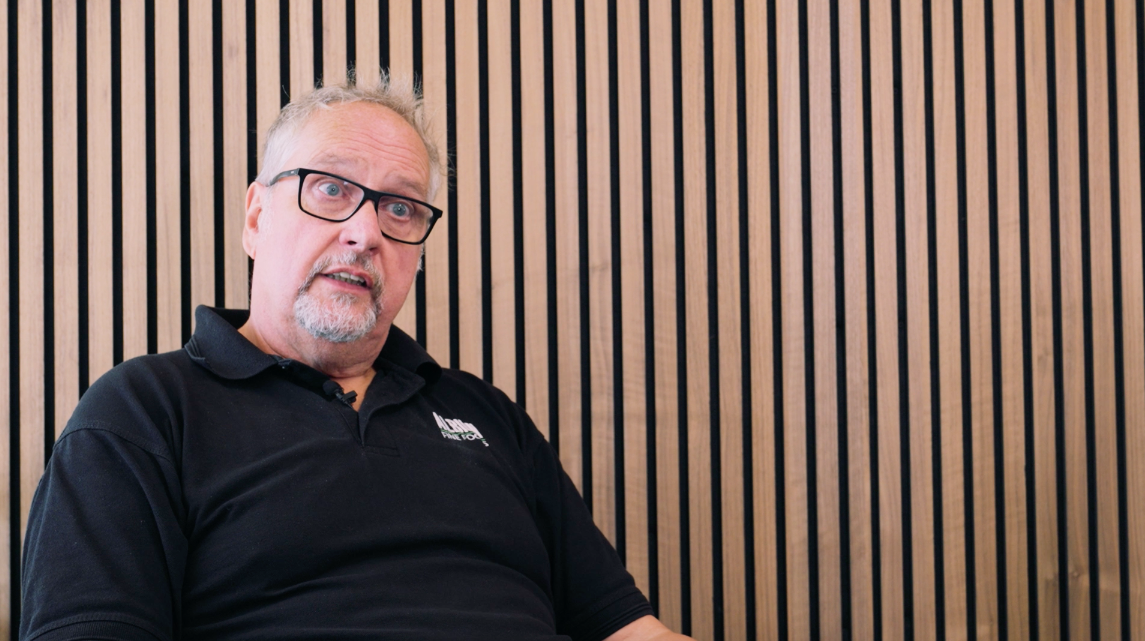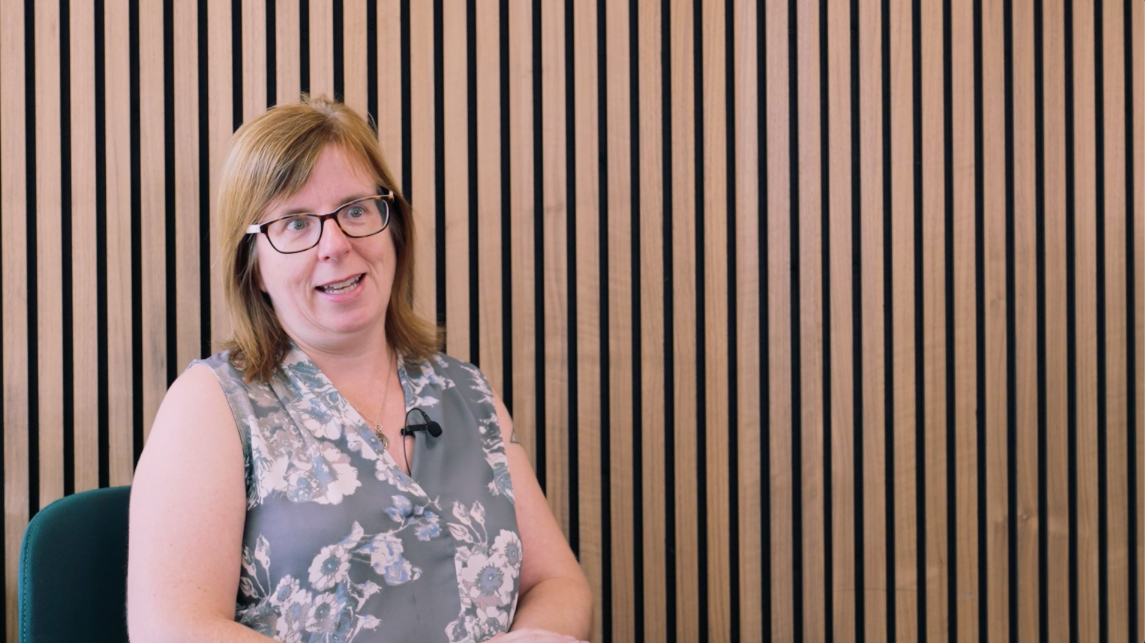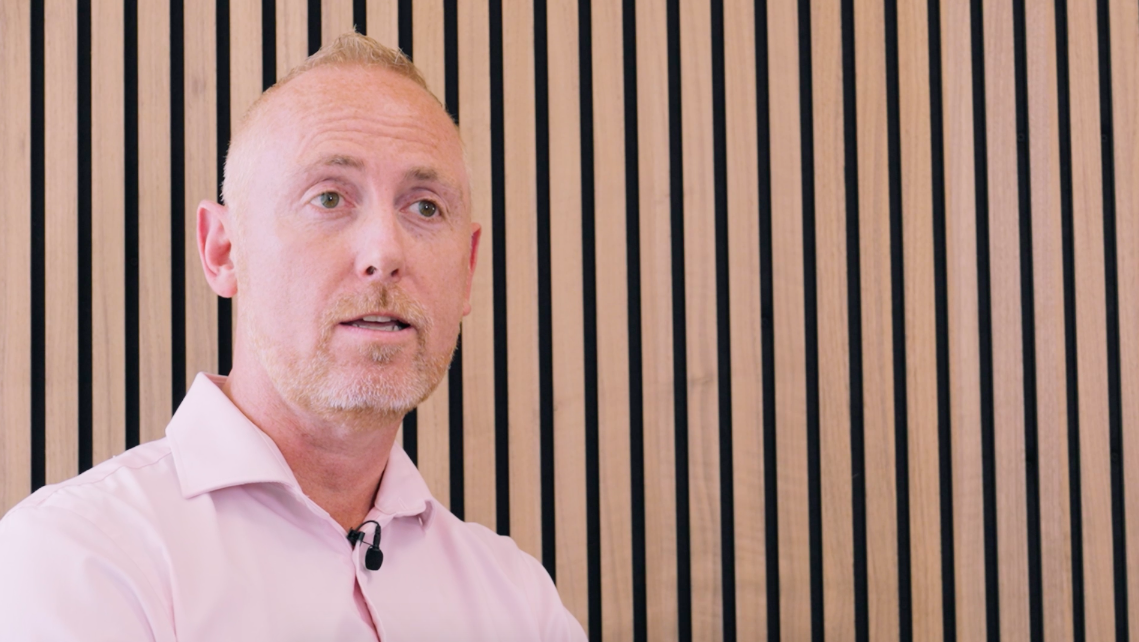Microbiologist
Britvic
Leanne P
My name is Leanne P and I’m a Microbiologist for Britvic soft drinks. I check the quality of the drink, checking that they are safe for the consumer to drink, checking for micro organisms making sure there’s not yeast, mould or bacteria in there and insuring that the hygiene of the factory is an acceptable standard.
I went to university I’ve got a degree in biochemistry and forensic science. I’m actually really happy with the degree that I was doing and it was really really enjoyable. I always knew I wanted to work in science, but I wasn’t too sure which area. I think I mainly focused on wanting to work in forensic science, but then when I went on to University it opened up my mind to better areas of work.
My mum is a microbiologist. She use to work at the hospital doing medical microbiology, I think she was quite an influence on my career choice in the end. My dad is a chef, he influenced my hobby, I quite like cooking. I was never pushed to go to university or anything but I think that my parents always knew that I wanted to go to Uni. I just applied for a wide range of jobs and microbiology is the one that I got in the end and it’s a good job I’m glad I did. It is my first science job since university. It did take quite a while; it took probably about a year before I actually got a job in science. In the meantime I worked in a supermarket just to make ends meet. I think it was quite difficult for me get a job to start with because there were so many options of so many different jobs, I hadn’t quite narrowed down my career field so there was quite a few options.
Working for Britvic is really great for developing my career and hopefully I might be able to go in to managing the quality side of things, there’s a possibility of doing that. Or potentially they’ve got central labs, which is a UCAS credited lab which sounds really interesting; they do a lot more challenge testing and things that would be good.
I would like to go back to University maybe do a master’s course or something like that in a relevant field. I believe they would help me to fund masters if I was to find a relevant one to the job that I perform now and if I can say adequately say it would help the business if I was to go on that course then yes, they would help
I work a shift pattern where I do 4 days on, 4days off. So I get to do quite a few things on my four days off. It did scare me a little bit that when I left Uni Id be really struggling for money and Id be really struggling to get by but its good. I’m really proud of where I am now, I’ve got my own flat, I’ve got my own car and I’m very self reliant and its nice to be independent.
Leanne always knew she wanted to work in Science, but wasn’t sure exactly what she wanted to do. After a degree in Biochemistry and Forensic Science, she found it difficult to get a job straight away while she narrowed down her options. She then got her current position as a Microbiologist, following in her mum’s footsteps. She now hopes to go back to university to study a Masters in a relevant field.
More information about Biological scientists and biochemists
The UK average salary is £29,813
There are 37.5 hours in the average working week
The UK workforce is 47% female and 53% male
Future employment
- Studies the physical and chemical form, structure, composition and function of living organisms;
- Identifies and studies the chemical substances, including microbial infections, involved in physiological processes and the progress of disease;
- Performs tests to study physiological and pathological characteristics within cells and other organisms;
- Researches the effects of internal and external environmental factors on the life processes and other functions of living organisms;
- Observes the structure of communities of organisms in the laboratory and in their natural environment;
- Advises farmers, medical staff and others, on the nature of field crops, livestock and produce and on the treatment and prevention of disease;
- Monitors the distribution, presence and behaviour of plants, animals and aquatic life, and performs other scientific tasks related to conservation not performed by jobholders in MINOR GROUP 214: Conservation and Environment Professionals.
